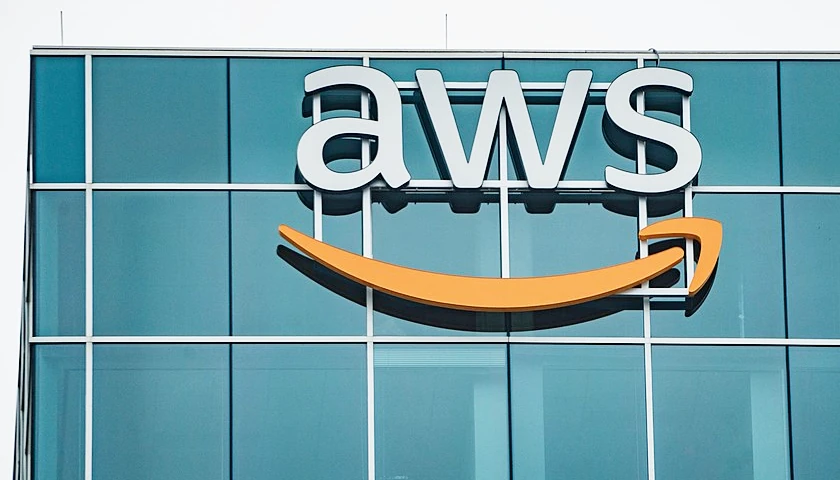by Scott McClallen
Michigan taxpayers are giving $951 million to two companies – Our Next Energy and Gotion, Inc. – to build electric vehicle batteries.
ONE claims it will create up to 2,112 jobs, and Gotion says it will create up to 2,350.
ONE is a two-year-old Novi-based battery storage company that aims to double the range of EVs using more sustainable materials via a battery manufacturing campus in Van Buren Township. The facility will be one of the few wholly U.S.-owned manufacturers of lithium iron phosphate batteries and anode-free cells.
The Michigan Strategic Fund approved $236 million in taxpayer subsidies for the project, including a $200 million Critical Industry Program performance-based grant via the Strategic Outreach and Attraction Reserve, a $21.6 million State Essential Services Assessment Exemption, and a $15 million Jobs for Michigan Investment Fund Loan.
Gotion, Inc. is a subsidiary of China-based Gotion High-Tech Co., Ltd., a global manufacturer of EV batteries. The company plans to build two EV battery plants in Big Rapids.
The MSF approved $715 million in taxpayer subsidies for the company, including a $125 million CIP grant via the SOAR fund for a local job creation requirement; a 30-year Renaissance Zone to Mecosta County valued at $540 million; and a $50 million Strategic Site Readiness Program performance-based grant through the SOAR Fund.
Politicians who equate subsidies with economic growth welcomed the spending.
“Today, we’re bringing home over $4.1 billion in investments to Michigan, creating more than 4,600 jobs across Big Rapids, Van Buren Township, and Ottawa and Muskegon counties,” Gov. Gretchen Whitmer said in a statement. “This is yet another historic day for Michigan this year as we continue to secure generational opportunities in our manufacturing and engineering workforce, grow a sustainable economy, and make critical infrastructure improvements to support the state’s robust agriculture industry.”
John Mozena, president of the Center for Economic Accountability, a nonprofit organization advocating for transparent economic development policy, said Michigan has spent billions on job creation subsidies since the early 1990s but has still lost 185,00 manufacturing jobs.
“The government is both trying to promote EVs as well as promote manufacturing jobs, and those two don’t go hand-in-hand because EVs take fewer people to manufacture,” Mozena said in a phone interview with The Center Square.
Mozena said complicated issues loom around the emerging EV industry. He said it’s unclear what the car industry will look like in 30 years.
“The uncertainty around this makes these far from simple bets and sure bets for taxpayers of the state of Michigan [and] the residents of the communities making multi-decade bets,” Mozena said.
The state is heavily betting on EVs, despite only about 20,000 registered EV vehicles statewide compared to 6.5 million vehicles powered by internal combustion engines. Taxpayers and private-public partnerships are funding much of the EV charging network.
Whitmer’s MI Healthy Climate Plan includes building infrastructure to support 2 million EVs on Michigan roads by 2030. A 2021 Council on Future Mobility and Electrification report says 2 million EVs would require 10,000 Level 3 Chargers and 90,000 Level 2 chargers.
– – –
Scott McClallen is a staff writer covering Michigan and Minnesota for The Center Square. A graduate of Hillsdale College, his work has appeared on Forbes.com and FEE.org. Previously, he worked as a financial analyst at Pepsi.
Photo “Gretchen Whitmer” by Governor Gretchen Whitmer. Background Photo “Electric Vehicle Charging Station” by さかおり. CC BY-SA 4.0.









951Million and our roads in Michigan are still a disaster with no plan in place to fix or maintain. I did see Gretch is proposing a .74 cent additional tax on fuel in MI. No plans to combat pharmaceutical drugs contaminating our great lakes. Who knows, maybe the abortion queen will sell aborted baby parts to fill the gap.